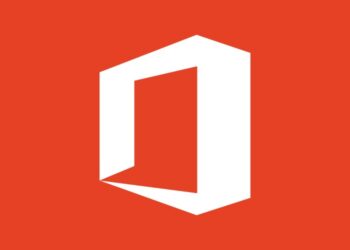Hardly a day goes by without there being a story hitting the headlines about a new scam online, hacking technique or mass leak of sensitive data. If this has happened to you, you can fully understand the anger, panic and frustration that it can fill you with. For those who are already unfamiliar with the online world, getting hacked or taken advantage of online can lead them to avoid digital platforms altogether, which, in this day and age, can be highly isolating.
The issue of online scams, hacking and theft will never go away – people have always pulled the same scams in the past, it was just done via phone calls or by mail. While hacking and scams will never stop, you can learn to protect yourself, your assets and your information, and help your loved ones to stay as safe as possible online.
1. Stop, think, wait
Scams and hacking attempts come in all shapes and sizes but some of the most popular are phishing emails. Phishing emails are essentially random emails encouraging you to click on a link. Once you have clicked on the link, you may be redirected to a page which appears to be official and asked to input some personal information, which the scammer will then use to steal more information or money.
We are notoriously bad at detecting when an email is a phishing email, but there are a few tell-tale signs: look at the email domain, check for misspellings in the domain and the rest of the email, look at the link itself to see if it seems odd, and ask yourself if the email creates a sense of urgency. If the email has any of these tell-tale signs – beware. You can report it as phishing or ask a friend for their opinion, but do not click on the link.
This requires you to stop, think and wait. What the scammers want is for you to have a sudden, thoughtless reaction and click the link without thinking. So much of what we do online we do without thinking and you can hardly blame us. When you work on a computer all day, it can be challenging to scrutinise every email.
2. Play safely online
One of the more popular industries for hackers and scammers to target is the online gambling and sports betting industry. There are thousands of safe sites and betting platforms, but some scammers have created scam online casinos purely to steal the personal information and money of unsuspecting users. Users are encouraged to be aware of the casinos they use, including the licensing which is in place for each casino.
3. Be careful when socializing
It can be easy to let your guard down when chatting with someone online, especially if you feel as if you have made a connection. However, you need to actively practice caution and be safety conscious when talking with others online. In practice, this means not sharing any personal information with strangers online and being careful with who you chat to. You never know who someone really is.
4. Safety first
Another great way to keep your information and finances protected online is to take passwords seriously. Try to come up with great passwords that are difficult to guess – with numbers, special characters and random capitalisation. Users should also opt for two-factor identification where possible. Two-factor identification means that you cannot access a certain account online, such as email or e-wallets, without first inputting your password and then confirming that it is you logging in either by inputting a code that was texted to you or using an app to confirm.
Takeaway
If you have been hacked and either lost money or personal information, you likely feel helpless, frustrated and filled with rage. Before you do anything, take a moment to process what has happened and to accept that, at some point or another, everyone either gets hacked or has something stolen from them. Do not beat yourself up or feel foolish, this literally happens to everyone.


































































































































































































